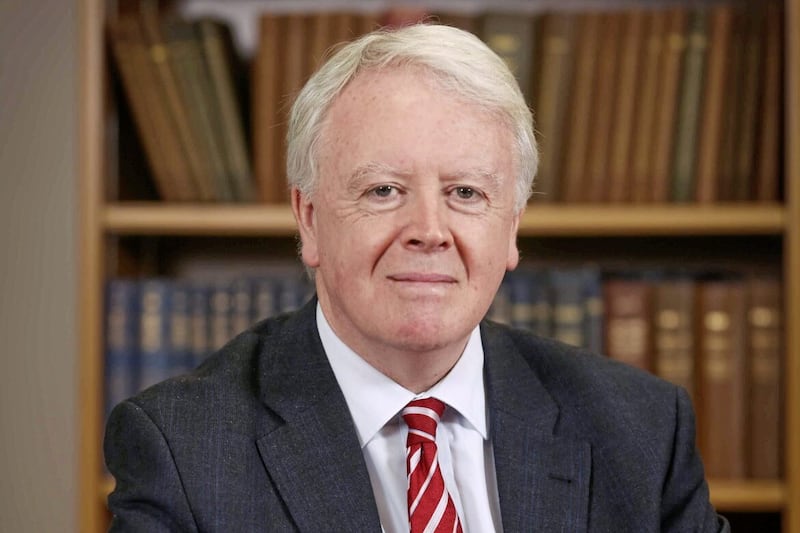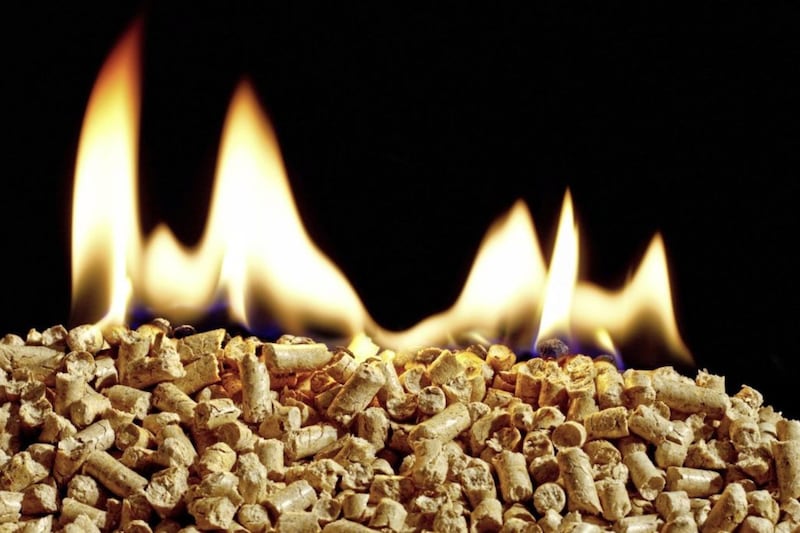A LEADING barrister sought through the courts to prevent his name being published in the newly released list of RHI claimants.
Gregory Berry QC has a boiler that has received subsidies worth more than £5,200 since applying to the Renewable Heat Incentive (RHI) scheme in February 2016.
His name features in a new list of RHI claimants published yesterday by Stormont's Department for the Economy.
In recent weeks the Co Armagh-based barrister made a bid through the High Court in Belfast to have his name withheld from the list.
The case was heard before Mr Justice Deeny, but the judge rejected Mr Berry's arguments that his name should be kept secret from the public.
The Irish News contacted Mr Berry – who applied to the RHI scheme in the period after cost controls were introduced – to ask why he felt his name should not have been disclosed.
He was also asked for what purpose he uses his boiler that attracts subsidies under the non-domestic RHI scheme.
However, Mr Berry yesterday did not respond to requests for a comment.
The Bar Library also declined to comment, saying the matter was "unrelated to Mr Berry's practice as a barrister".
A high-profile lawyer, Mr Berry has made headlines in the past for making millions from the public purse in legal aid.
In 2012 he was revealed as the Northern Ireland lawyer earning the most in legal aid, receiving nearly £4m over the previous five-year period.
He has been involved in numerous notable court cases over the years, including in 2014 when he acted as defence barrister for a man convicted of defrauding BBC presenter Stephen Nolan.
A public inquiry has been launched into RHI after it ran a projected £490m over budget.
The state-funded initiative was supposed to encourage the use of eco-friendly wood pellet boilers, but paid out more in subsidies than the cost of fuel.








